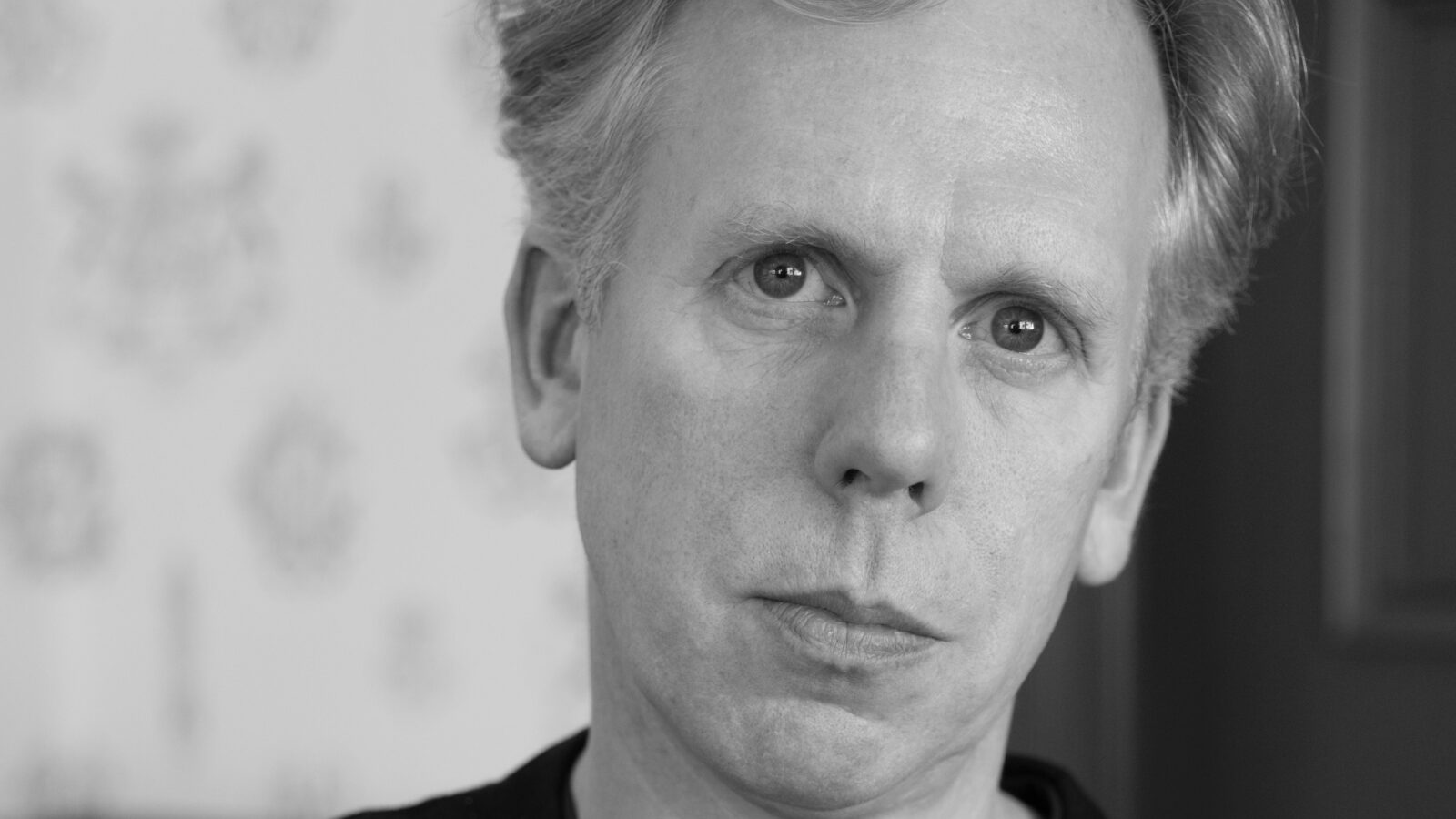Imagine uncovering the secret formula that has propelled organisations like NASA, the Royal Shakespeare Company, and the New Zealand All Blacks to over a century of unparalleled success. That’s exactly what Professor Alex Hill, a visionary and a leading expert in organisational performance, has done in his captivating book, “Centennials: The 12 Habits of Great, Enduring Organisations.”
This isn’t just any research. Spanning over thirteen years, Professor Hill delved deep into the core of organisations that have survived and thrived for more than 100 years. His findings? Twelve extraordinary traits that set these institutions apart. Hill’s book is a treasure trove of wisdom, from their unique ways of analysing triumphs and failures to their innovative strategies for scouting the brightest minds and freshest ideas.
But Alex Hill is more than just an author. He’s a trailblazer at the forefront of organisational development. As the co-founder and Director of The Centre for High Performance, he’s part of a dynamic collaboration that includes prestigious institutions like Kingston University, Duke Corporate Education, and the London Business School. Together, they’re bolstering high-performing organisations to create a stronger, more resilient society and economy.
In “Centennials,” Hill takes us on an enlightening journey through the lifelines of organisations that have withstood the test of time. It’s a book that goes beyond mere theory and is packed with real-world insights and actionable strategies. Whether you’re a budding entrepreneur, a seasoned CEO, or intrigued by the art of lasting success, “Centennials” is your window into the world of enduring greatness. I love the systemic approach to your book if we want to solve the significant challenges we face – such as climate change, poverty, immigration, health and education.
So, are you ready to discover the secrets of the centennials and revolutionise your perspective on success and sustainability? Here is my interview with Professor Alex Hill as he invites you on this transformative journey!
The Centennials have worked out how to break this pattern by establishing a North Star – beliefs and behaviours they want to create – to guide them forward, ensuring they have enough stable stewards in place so they stay on track.
What are habits we must adopt now for the future?
The book is based on a thirteen-year study examining how organisations have outperformed their peers over the last 100 years and become ‘Centennials.’ They found that they challenge the conventional wisdom about how businesses should be managed and led, which helps explain why most US companies now only live for 15 years.
Although conventional business wisdom tells you to grow sales, cut costs, and keep your ideas close to your chest, these things will actually make it harder for you to sustain your success. For example, you’ll eventually lose control if you grow sales too fast, just like Nokia. You’ll eventually run out of new products if you cut costs too hard, just like Motorola. And if you’re too secretive, you’ll eventually run out of fresh ideas, like BlackBerry. And what’s interesting, we found, is that all the businesses that go under have their best year ever – with record profits and sales – just before this happens. Just think of BlackBerry, General Motors, Hewlett-Packard, Lucent, Nokia, Texaco, and Motorola. They all maximised their short-term performance but damaged their long-term success.
However, organisations must think differently to perform well in the long run. They must focus on getting better, not bigger, being intentionally inefficient, and sharing their secrets with the world so others will want to help them. We need organisations to think differently and perform better in the long run if we’re going to solve the big, complex problems that we face – such as climate change, poverty, immigration, health and education – as these problems aren’t solved quickly.
How can CEOs build and sustain success for decades to come?
Organisations need to develop a ‘stable core,’ we found, to guide them forward – with a stable purpose, stewardship, and openness – and a ‘disruptive edge’ to move them forward – with disruptive experts, nervousness, and accidents – if they want to sustain their success. CEOs need to stay in their role for at least ten years if they will help them do this. That’s why, for example, 80 per cent of the top performing CEOs in Harvard University’s recent study have been in post for at least ten years and either started or rose through the company they now manage. Just think of Tim Cook at Apple, Satya Nadella at Microsoft, and Andy Jassy at Amazon. It takes time to understand a company and develop a long-lasting impact.
Could you tell us something about you that we don’t know?
I spend most of my time working in the dark, not really knowing what I’m doing. I am figuring out what’s happening whenever I start a new project. It’s a feeling that stays with me right until the end of the project and seems to get worse over time as each new project is more complex and ambitious than the last.
Have you turned a life’s inevitable difficulty into opportunities for growth?
Over the last forty years, my passions and my career have always changed every four years. It’s always a shock when it happens. But with these sharp changes in direction, I learned so much, and I was able to write this book. For example, when I was eleven years old, I was told I could never play sports again. I didn’t know what to do. But the following year, after making new friends, I developed a passion for music and film that has stayed with me for the rest of my life. I went back to sports four years later but got injured four years after that and went into business. I ran companies for four years and then became a consultant (within a company) before I left four years later and went into academia. And then, I started working with high-performing organisations in the four years after that…
How do you define High Performance?
For me, high performance consistently redefines what’s possible by always performing at the cutting edge.
Why has the world become so short-term focused, and how can we buck this trend?
It’s straightforward to slip into a short-term mindset and only focus on the things that are immediately urgent. They’re often easier to do, and the pain of not doing them will be felt more quickly. However, if we only focus on the short term, we won’t make it to the long term and never solve the significant, complex challenges we face. The Centennials have worked out how to break this pattern by establishing a North Star – beliefs and behaviours they want to create – to guide them forward, ensuring they have enough stable stewards in place so they stay on track. But they also work with many different people from outside their organisation, so they’re always finding new ways to move forward.
What can we learn from your book on how to change the world?
These principles are relevant to anyone who wants to change the world. Establish a long-term purpose, build a community of stewards to guide you, and constantly expose yourself to outsiders with new ideas.
How did you get out of your own way?
All the great leaders I’ve worked with are brilliant at delegating urgent tasks and ignoring unimportant ones so they can focus on their long-term goals. And writing a book, I’ve found, is no different.


